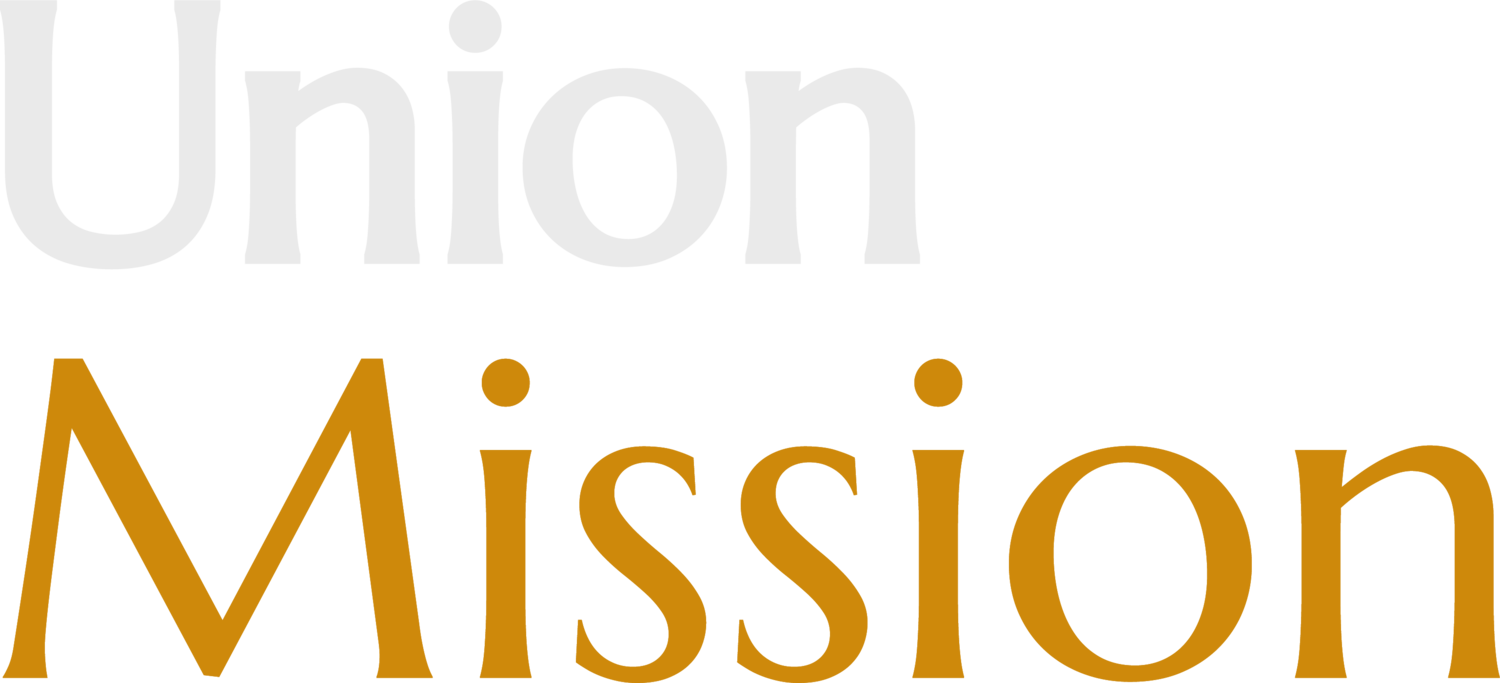Navigating cross-cultural mission in Thailand
Union graduate Tom King gives an honest insight into the challenges of communicating the gospel in the Eastern, oral-based culture of Thailand, and how his studies equipped him to manage these challenges.
I attended Union as a full time, campus-based student from 2015-2018. Before I began my time at Union, my wife and I had been working through a call to cross-cultural mission in Asia with our church, and so from September 2018 Nerys and I have been living in Pattaya, Thailand primarily learning Thai. We have also been working with a ministry named Tamar Center, which seeks to provide hope and healing for the thousands of sex workers in the city. As well as this, I have been working with a group of local pastors, providing theological training.
When I was considering theological colleges, I was looking for a programme that would provide robust theological education alongside training for cross-cultural mission. At that time, Union provided a mission track that allowed for just that.
Over the last two years I have become increasingly aware of the difficulties of teaching the Bible in an oral, folk Buddhist, uniquely culturally Thai environment. Thai people do not think or act like westerners (obviously). The Thai worldview is entirely different.
Thais learn differently and express themselves differently. Words and concepts like ‘God’ or ‘love’ do not translate at all easily from a European culture historically steeped in Christianity to the world of a Thai folk Buddhist.
For example, when you talk about God are you talking about The Buddha? A monk? The king? Spirits? One of the Hindu Gods? A magician? All these concepts use the Thai word for ‘God’ to describe them. In the Thai mind there is no cognitive link to the God of Christianity or any God anything like Him. It’s a long, slow process of deconstruction and rebuilding.
Words and concepts like ‘God’ or ‘love’ do not translate at all easily from a European culture historically steeped in Christianity to the world of a Thai folk Buddhist.
The last two years have therefore been hugely challenging. However, the mission-focussed modules I was able to study during my time at Union have proved invaluable, as they began to prepare me for this reality. The modules which focussed on Religion and Culture, Intercultural Communication and Mission methodology were fantastically helpful.
For me, essays on how to communicate the Gospel clearly, and thinking through how theological education might work best in an oral, Asian context were especially useful. For one of my third-year essays, I interviewed several missionaries who have lived in Thailand long-term and were involved in providing theological training, so that I could compare and contrast different approaches. Two of these have become great friends and I am still in regular contact with them. They are my “go to” if I have a question or query.
Without these lectures and the support of the Faculty at Union, and if I hadn’t had to think through these issues and write about them for essays before arriving in Thailand, I would have been woefully unprepared for the challenges of the past two years. (To be honest, most days I feel woefully unprepared anyway!)
As well as these modules, it was helpful to be able to steer my other studies towards a mission focus. For example, during the Pauline Studies module I was able to write my essay on Paul’s missionary methods. It was also really helpful to consider the cultural background of the Biblical writers - one of my essays was about how Proverbs expresses truth. This forced me to wrestle with genre, culture and revelation during Israel’s history. Other essays made me think about how the culture of the third and fourth centuries, the Reformation and the Enlightenment shaped the development of theology during those times.
It’s not the knowledge I accrued at Union that helped me through. Instead, it was the relationship with God that was modelled and which I was taught to develop over those three years.
I so enjoyed my three years in Bridgend. It’s a fantastic place to learn; to fill your head with knowledge and spend hours in the library. I love that stuff. But, at Union, I never felt like that was the ultimate goal. Instead, the values, ethos, staff and environment aim to cultivate an atmosphere of knowing and enjoying God… just because he’s God. I’ve had loads of really tough days over the last two years. Days of despair, of crying out, of pain, anger and frustration. Plenty of times I could pretty easily have jumped on a plane back to the UK. But it’s not the knowledge I accrued at Union that helped me through. Instead, it was the relationship with God that was modelled and which I was taught to develop over those three years.
Find out how Union supports church growth and planting here:
